Polluted Rio de Janeiro Beach Ruled Out for Pro Surfing Competition
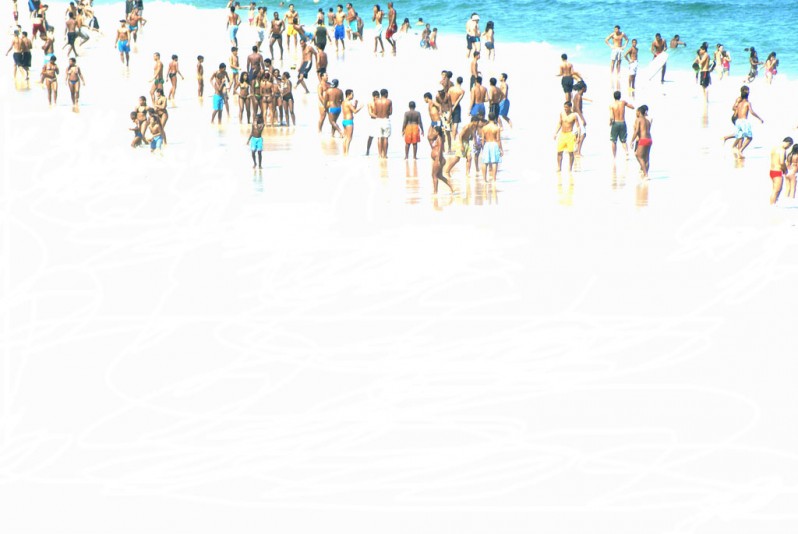
A sewage-filled Rio de Janeiro beach has been removed from the list of venues for a surfing competition in the city in May.
Coastal Light Pollution Disturbs Marine Animals, New Study Shows

Marine ecosystems can be changed by night-time artificial lighting according to new research. The results indicate that light pollution from coastal communities, shipping and offshore infrastructure could be changing the composition of marine invertebrate communities.
Norway Approves Mine’s Controversial Plan to Dump Waste into Fjord
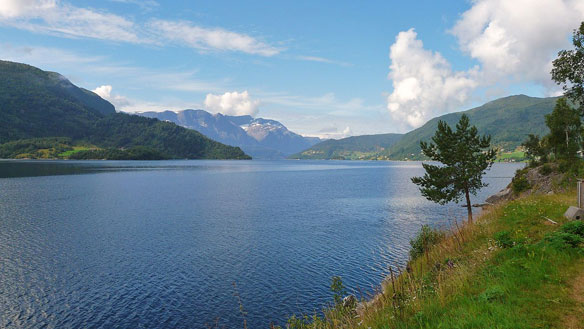
Environmentalists promised protests after Norway’s government approved a controversial plan for a mining company to dump millions of tonnes of waste into a fjord.
Coal-Tar-Sealant Runoff Causes Toxicity and DNA Damage
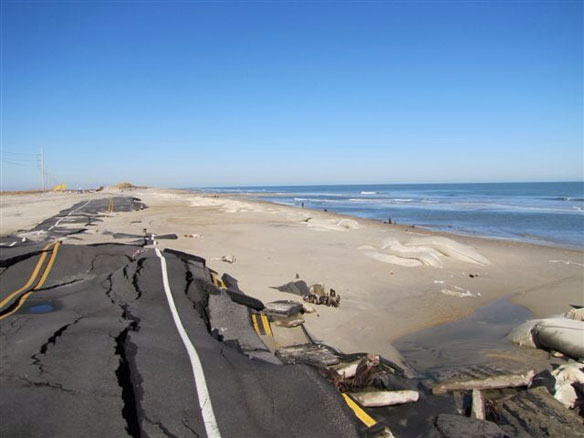
Runoff from pavement with coal-tar-based sealant is toxic to aquatic life, damages DNA, and impairs DNA repair, according to two studies by the U.S. G.S published in the journals Environmental Science and Technology and Science of the Total Environment.
Dispersant Used to Clean Deepwater Horizon Spill More Toxic to Corals than the Oil
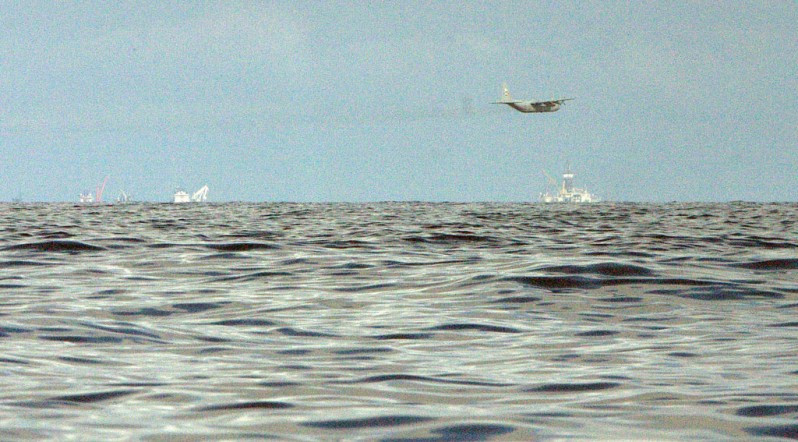
The dispersant used to remediate the 2010 Deepwater Horizon oil spill in the Gulf of Mexico is more toxic to cold-water corals at lower concentrations than the spilled oil, according to a new study.
Natural Filters: Mussels Deployed To Clean Up Polluted Waterways

A stream with a healthy population of mussels indicates a pretty pristine habitat and good water quality. Everywhere, however, numbers of mussels are in peril. Everywhere the causes of decline are the same: alteration and damming of streams and rivers, and human-induced runoff of silt and nutrients.
Trace Amounts of Fukushima Radioactivity Detected Along Shoreline of British Columbia
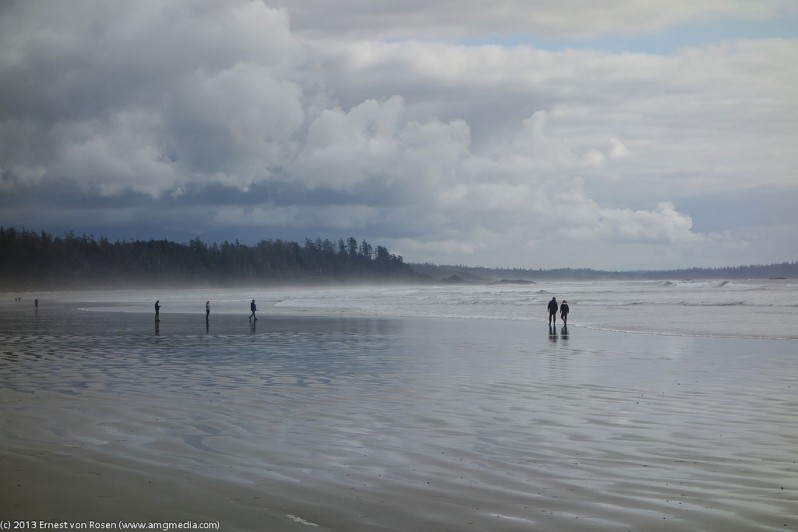
Scientists at the Woods Hole Oceanographic Institution (WHOI) have for the first time detected the presence of small amounts of radioactivity from the 2011 Fukushima Dai-ichi Nuclear Power Plant accident in a seawater sample from the shoreline of North America.
Beautiful Vacation Destinations Overtaken By Trash
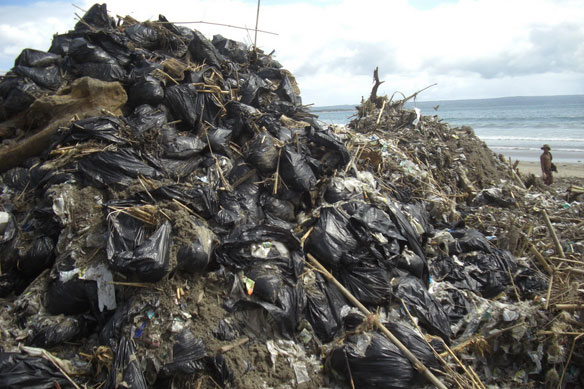
By 2025, the amount of waste we produce as a planet is set to exceed 2.2 billion metric tons a year, and by 2100 we will be churning out more than 11 million tons a day. As a result many of our world’s most beautiful and historic destinations are being buried under mountains of trash. Here are some of the worst.
Oil Dispersant Used in Gulf Oil Spill Causes Lung and Gill Injuries to Humans and Aquatic Animals
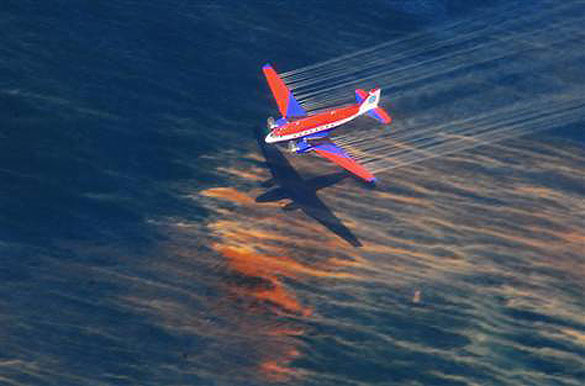
New research suggests that Corexit EC9500A, an oil-dispersal agent widely used in the Gulf of Mexico following the Deepwater Horizon oil spill, contributes to damage to epithelium cells within the lungs of humans and gills of marine creatures.
